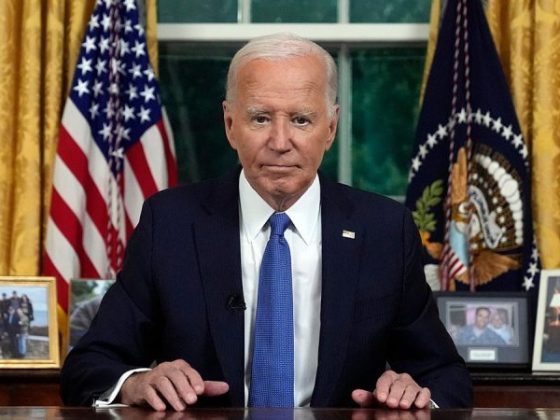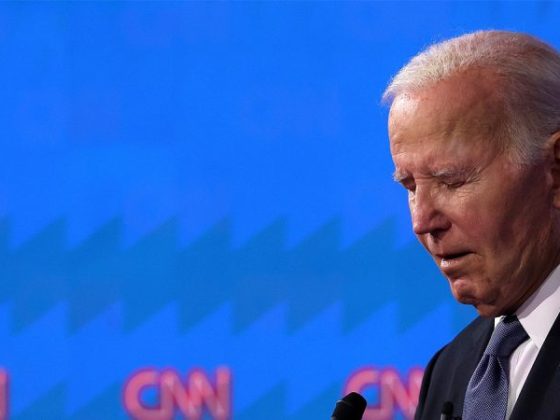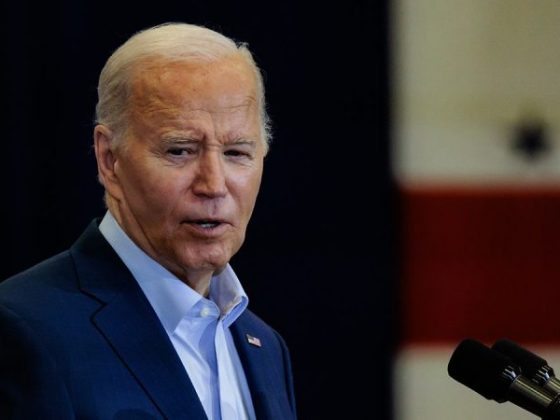The political landscape within the United States has been shaken up by the recent decision to invite Israeli Prime Minister Benjamin Netanyahu to address Congress. This event has sparked outrage amongst ‘The Squad’, a group of Democratic Congressional Representatives known for their progressive stances. The women comprising this group, Alexandria Ocasio-Cortez, Ilhan Omar, Ayanna Pressley, and Rashida Tlaib, have voiced their indignation, labeling Netanyahu an accused war criminal.
One of the most vocal critics is Ilhan Omar, a Somali-American representative from Minnesota. She has long been a critic of Netanyahu’s policies, and this was underlined in recent tweets. Omar referenced the Israeli Prime Minister’s alleged involvement in human rights abuses and called out Congress for honoring an individual linked to such grave accusations.
Rashida Tlaib, a representative of Michigan, mirrored Omar’s sentiments, emphasizing her own Palestinian roots and expressing her distress over the invitation. For her, the decision to invite Netanyahu is not just a political misstep but a personal affront. Tlaib has been forthright in her critique of the Israeli government’s handling of the Israeli-Palestinian conflict, and the invitation proved to be a painful reminder of this ongoing struggle.
Alexandria Ocasio-Cortez, the New York City representative popularly known as AOC, has also joined in condemning the invite. She has questioned the appropriateness of inviting a figure like Netanyahu at a time when the United States is grappling with issues of police brutality and racial injustice.
For Ayanna Pressley, the invite is indicative of a disconnection between the political elite and the regular citizens they ought to represent. Pressley, known for her advocacy for communities of color, has criticized the invite as failing to recognize the multitude of voices that advocate for human rights and peace.
Critics of ‘The Squad’ claim that their statements are indicative of anti-Israel sentiment. However, the Congresswomen maintain that their criticisms are not against Israel as a nation but against Prime Minister Netanyahu’s policies, which they believe violate human rights. They assert that their censure is not intended to be anti-Semitic but to call to account the practices of a world leader.
The invitation to Netanyahu did not only initiate an interruption in the largely cohesive Democratic party but has further become a reminder of the controversial Israeli-Palestinian issue. ‘The Squad’ Democrats have consistently championed progressive ideals and held firm on their principles, and their collective outrage at the Netanyahu invite further underscores this.
Amidst their criticism, ‘The Squad’ members also echo the sentiment that the U.S., while maintaining its diplomatic relationships, should not acquiesce to government officials accused of perpetuating violence and injustice. They believe that it is essential for America to adopt a stance that encourages accountability, especially on issues of human rights.
In many ways, the reactions to this invite underscore the tensions between Israel and Palestine and the precarious balancing act of U.S. foreign policy. The critiques offered by ‘The Squad’ point to the need for a nuanced understanding of these issues, both in terms of foreign relationships and domestic politics. It evidences the need for a robust national dialogue on the U.S.’s role in global politics, the importance of holding world leaders accountable, and the critical role of human rights in international relations.











